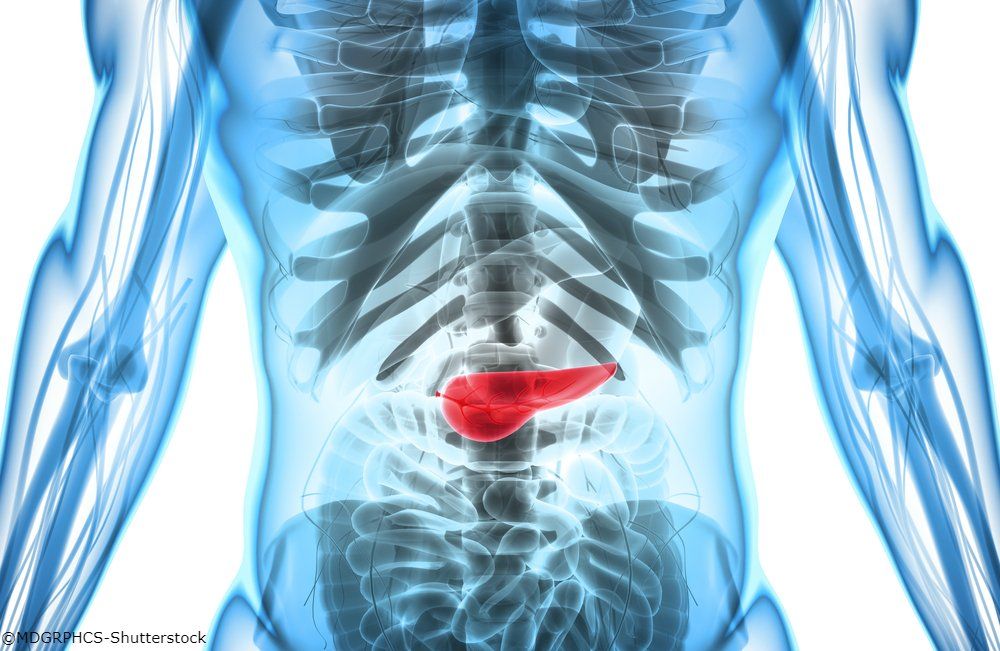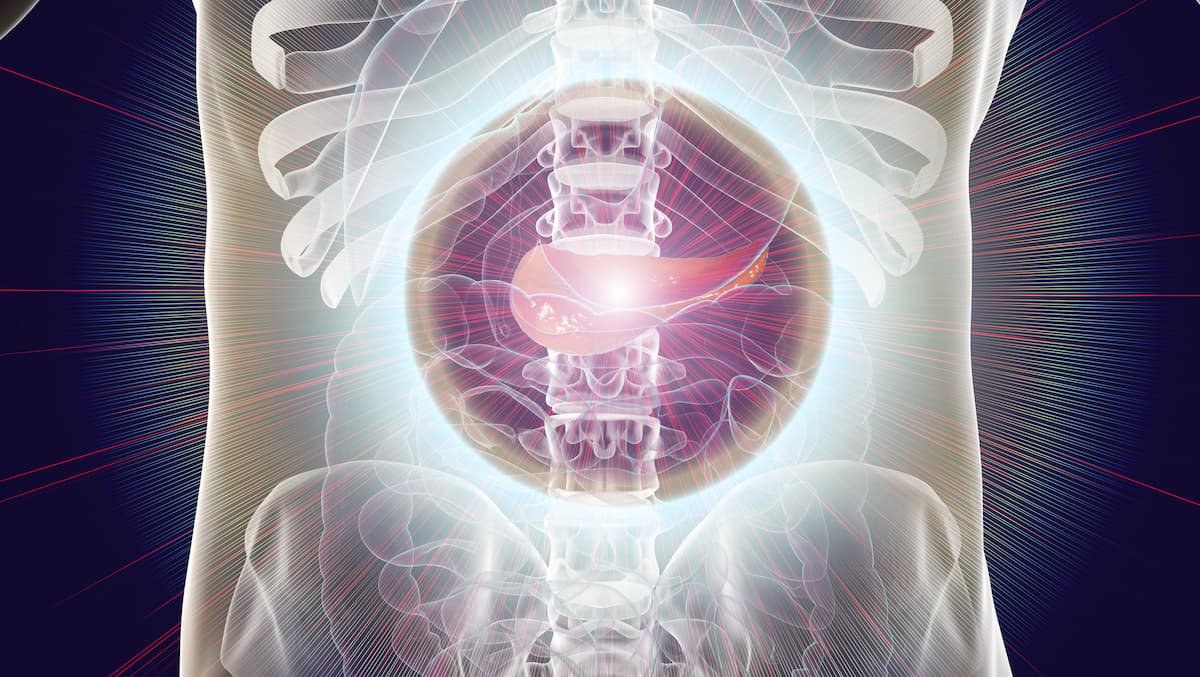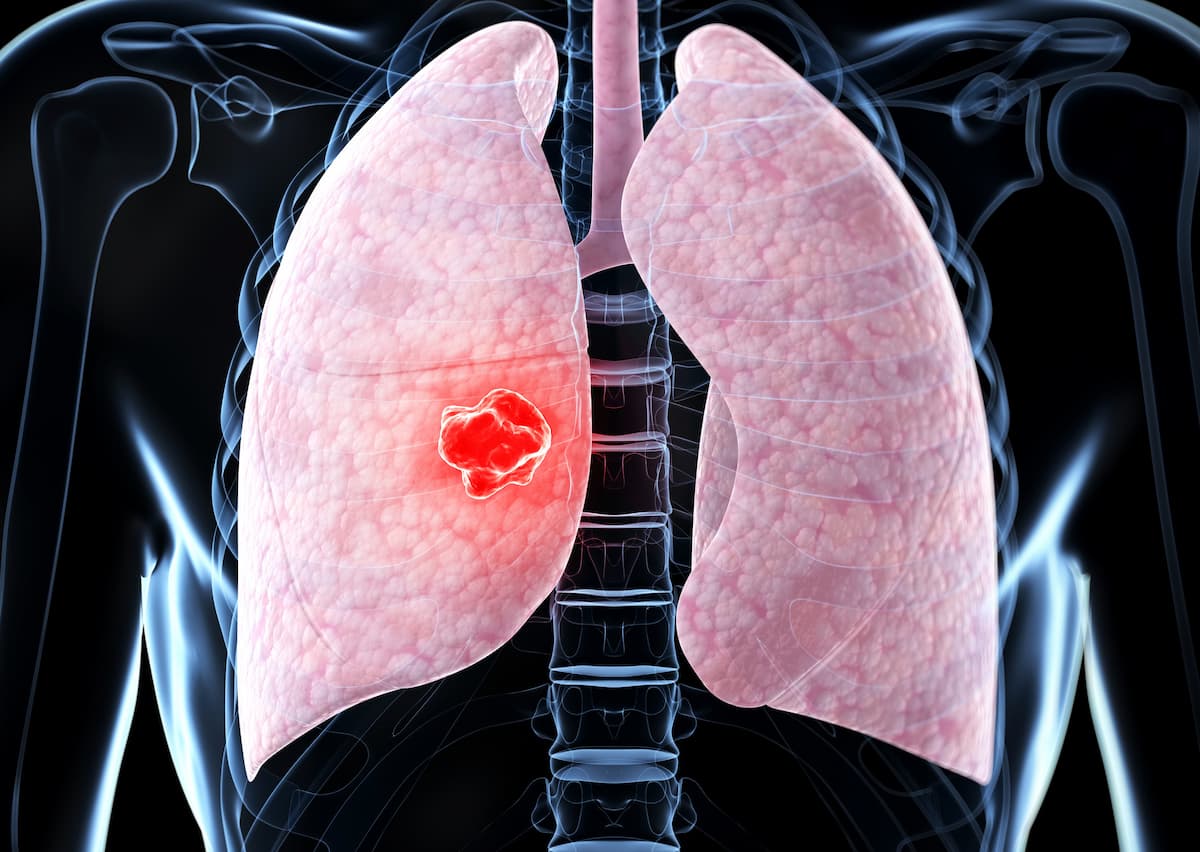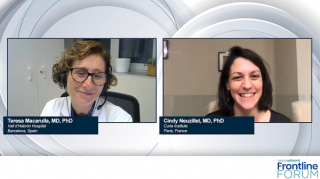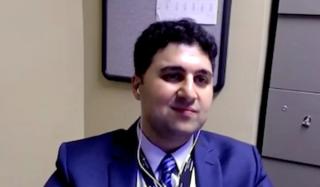
Pancreatic Cancer
Latest News
Latest Videos

CME Content
More News

Safety findings highlight no severe adverse effects or dose-limiting toxicities with the rintatolimod combination in late-stage pancreatic cancer.

The liquid biopsy combining miRNA and CA19-9 had the best validation rates for detecting pancreatic ductal adenocarcinoma.

Higher CA19-9 levels appear to correlate with increased recurrence and mortality for specific patients with pancreatic cancer who undergo surgical resection.

Diane M. Simeone, MD highlights the importance of multidisciplinary care, surgical practices, and early detection in pancreatic cancer care.

Investigators are currently evaluating treatment with IMM-1-104 in pancreatic cancer and other disease types associated with the RAS pathway as part of a phase 1/2a study.

A retrospective cohort study from the Trans-Atlantic Pancreatic Surgery Consortium determined a sustained OS rate with modified FOLFIRINIX in patients with pancreatic ductal adenocarcinoma.

Patients with metastatic pancreatic ductal adenocarcinoma may now receive irinotecan liposome in combination with 5-fluorouracil/leucovorin and oxaliplatin in the first-line setting, which has been approved by the FDA.

Investigators of the AMPLIFY-201 trial hypothesized that ELI-002 2P may induce the expansion of functional tumor-directed KRAS-mutated specific T cells following tumor resection.

Treatment with NT-I7 may boost the immune system and enhance antitumor activity in patients with pancreatic cancer and other solid tumors.

Starting April 1, 2024, Diane Simeone will be the new director of UCSD Moores Cancer Center.

Data from a phase 2 trial support the potential survival benefit of CAN-2409 plus prodrug for patients with borderline resectable pancreatic ductal adenocarcinoma.

Suneel K. Kamath, MD, et al investigated exceptional responders and the correlation of nonsynonymous mutations for patients with advanced pancreatic cancer.

Developers plan to assess onvansertib plus standard of care as a frontline treatment for patients with metastatic pancreatic ductal adenocarcinoma in an investigator-initiated trial.

LSAM-PTX plus standard of care appears efficacious in a small population of patients with locally advanced pancreatic cancer.

Clearance of an automated immunoassay allows practices to measure chromogranin A concentration in human serum, thereby tracking disease progression in those with gastroenteropancreatic neuroendocrine tumors.

The safety profile of cabozantinib as a treatment for patients with advanced pancreatic neuroendocrine tumors in the phase 3 CABINET trial is comparable with previous reports of the agent.

The investigational drug MAb-AR20.5 is the first monoclonal antibody targeting MUC1 to receive orphan drug designation from the FDA as a treatment for pancreatic cancer.

Elraglusib is currently under evaluation as a treatment for patients with several types of advanced cancers as part of the phase 1/2 1801 trial.

Data from the phase 1/2 eNRGy trial assessing zenocutuzumab in patients with NRG1 fusion–positive cancer support the FDA’s breakthrough therapy designation for the agent as a treatment for pancreatic cancer.
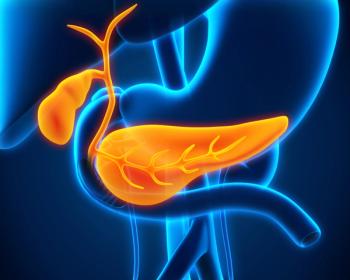
The oncolytic adenovirus VCN-01 is under investigation as a treatment for metastatic pancreatic ductal adenocarcinoma in the phase 2b VIRAGE trial.
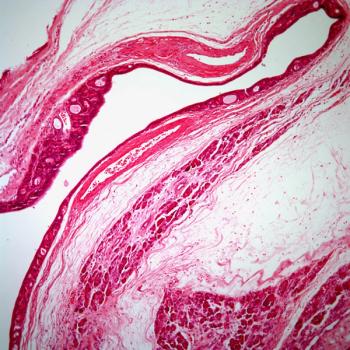
Investigators expect to have a readout of topline data from the phase 2 OPTIMIZE-1 trial evaluating mitazalimab plus chemotherapy in metastatic pancreatic ductal adenocarcinoma in early 2024.

The FDA sets a Prescription Drug User Fee Act date of February 13, 2024 for NALIRIFOX as a treatment for patients with metastatic pancreatic ductal adenocarcinoma.

Findings from the phase 3 NAPOLI 3 trial support NALIRIFOX as a novel reference regimen for first-line metastatic pancreatic ductal adenocarcinoma.
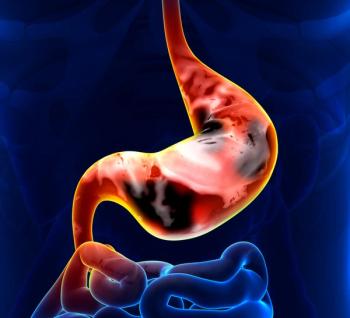
Medicaid expansion may help overcome inequities in access to care for pancreatic and gastric cancers, with notable benefit in Black patients, according to an expert from The University of Texas MD Anderson Cancer Center.

A positive R0 resection rate helped to confirm the noninferiority of minimally invasive distal pancreatectomy compared with open distal pancreatectomy in those with resectable pancreatic cancer.




